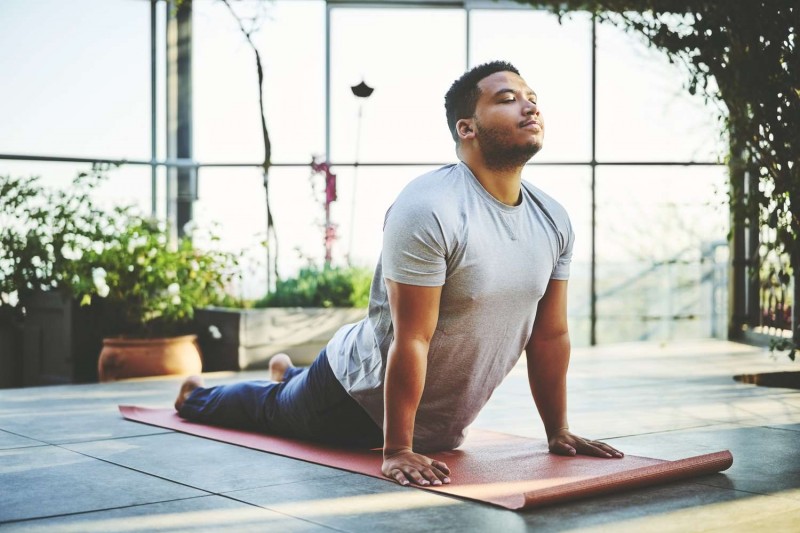
Yoga is a versatile practice that offers numerous physical and mental benefits. However, one common question among practitioners is whether it is more beneficial to do yoga in the morning or in the evening. Let’s dive into the details to help you decide the best time for your yoga practice.
Morning yoga can set a positive tone for your entire day. It helps in waking up your body, mind, and spirit, preparing you to face the day's challenges with a calm and focused attitude.
Practicing yoga in the morning can jumpstart your metabolism. Certain poses stimulate the digestive system, helping you burn more calories throughout the day.
Morning yoga can improve your focus and concentration. By starting your day with a clear mind, you're better equipped to handle tasks and responsibilities efficiently.
Morning yoga helps in establishing a consistent routine. Making it a part of your daily schedule ensures you stick to your practice without the interruptions that often occur later in the day.
Sun Salutations, or Surya Namaskar, are ideal for morning practice. They are invigorating and help in warming up the body, making you feel energized and ready to take on the day.
Evening yoga is perfect for unwinding after a stressful day. It helps in releasing the tension accumulated throughout the day, promoting relaxation and a good night’s sleep.
Practicing yoga in the evening can significantly improve your sleep quality. Gentle stretches and relaxation techniques prepare your body for a restful sleep, helping you wake up refreshed.
Evening yoga helps in increasing flexibility and releasing muscle tension. After a day of activities, your body might be more pliable, making it easier to stretch deeper into poses.
Yoga in the evening can effectively reduce stress levels. Breathing exercises and meditation calm the mind, reducing anxiety and promoting a sense of well-being.
Evening yoga offers a chance to reflect on your day. It’s a time to connect with your inner self, assess your emotions, and find peace before ending the day.
To incorporate morning yoga, it’s essential to wake up early. Give yourself enough time to practice without feeling rushed.
Drink a glass of water before starting your practice. It helps in waking up your body and staying hydrated.
Begin with a light warm-up to gently wake up your muscles and joints before diving into more intense poses.
If possible, practice outdoors to soak in the morning sunlight and fresh air. It enhances the rejuvenating effects of yoga.
Set up a calm and peaceful environment for your evening practice. Dim the lights, light some candles, or use essential oils to create a relaxing atmosphere.
Focus on poses that promote relaxation and stress relief. Forward bends, gentle twists, and restorative poses are great choices.
End your practice with a meditation session to calm your mind and prepare for a restful sleep.
Try to have your dinner a few hours before your practice to avoid discomfort during yoga.
You don’t have to choose between morning and evening yoga. Mix and match your practice based on your schedule and how your body feels.
Use morning yoga for energizing and evening yoga for relaxation. This way, you can enjoy the benefits of both.
Pay attention to your body’s signals. Some days you might feel more inclined to practice in the morning, while other days, the evening might be more suitable.
Regardless of the time, the most important aspect is consistency. Regular practice will bring the most benefits, whether it’s morning or evening. Both morning and evening yoga have their unique benefits. The best time for your practice depends on your personal preferences, lifestyle, and how your body responds at different times of the day. Whether you choose to greet the sun with a series of invigorating poses or wind down the day with relaxing stretches, the key is to listen to your body and create a routine that works best for you.
National Wine Day: Health Benefits of Wine and Tips for Moderation
World Thyroid Awareness Day: How to Manage Thyroid Health
Why Hydration Is Key to Your Wellness - Know Role of Water in Keeping Your Health